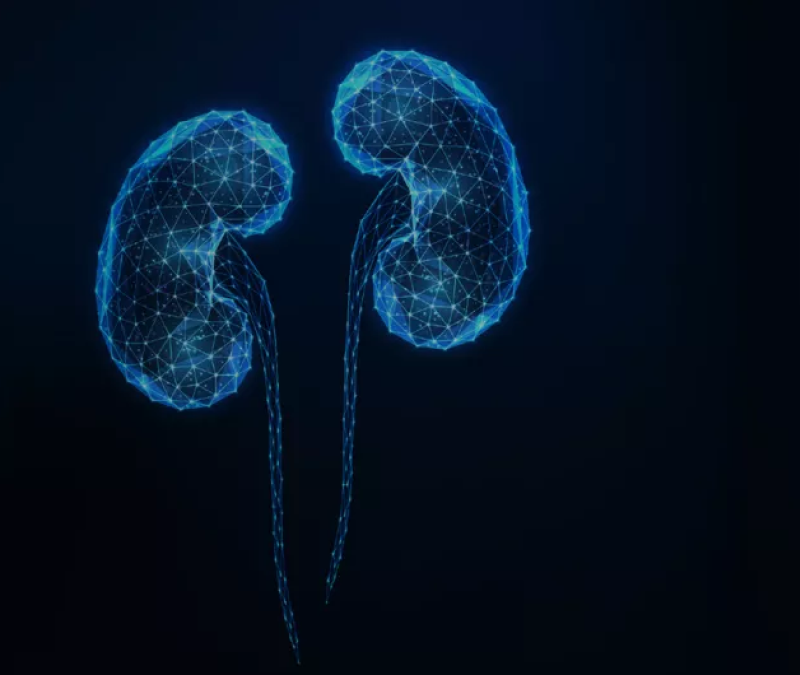Urology deals with diagnosis and treatment of diseases predominantly of male reproductive organs and the urinary tract of males and females. Aster Ramesh Hospitals has state-of-the-art Urology facilities including minimally invasive surgeries, robotics and laparoscopy techniques, fibre-optic endoscopy, and lithotripsy units. An urologist deals with diseases such as Incontinence, prostate enlargement, kidney stones, prostate cancer, penile fractures, urinary infections, and STDs, just to name a few. The department works closely with nephrology, colorectal surgery, andrology to offer a more systematic and collaborative approach to treatment.
Urology





